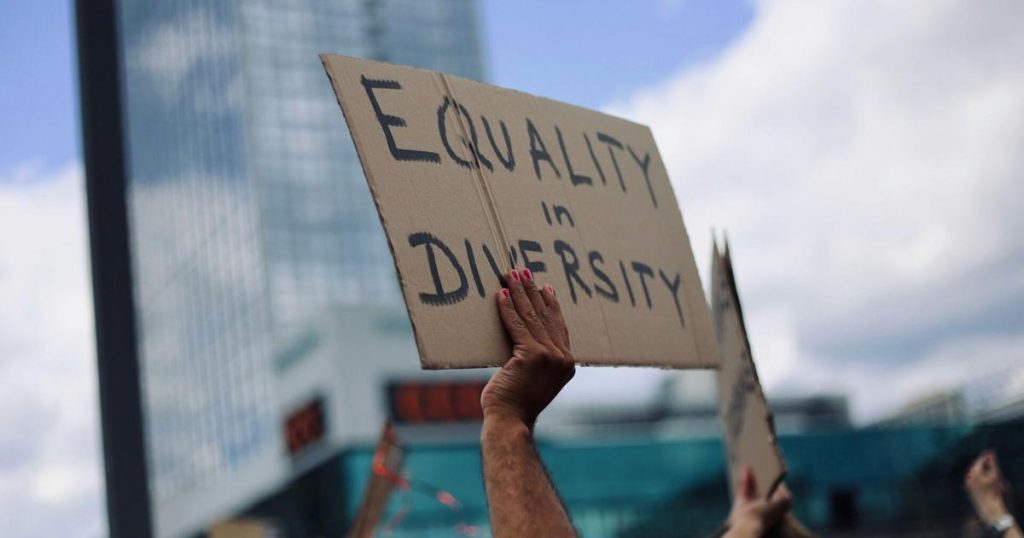(The Center Square) – The Spokane Regional Health District Board voted Thursday to roll back a list of progressive equity commitments adopted in response to George Floyd’s death in 2020.
The SRHD Board of Health amended its resolution that declared racism a public health crisis in 2020 to strip much of that language for a more neutral approach. The new version cuts phrases like “systematic racism” and “privilege” in favor of “equal access” and hiring “based on merit.”
The change aligns with the Trump administration’s directives that states gut diversity, equity, and inclusion, or DEI, policies or face losing federal funding. Critics argue equal access isn’t enough to move the needle in terms of equity, while supporters may value the focus on public health.
“Lately, there’s been much reporting of issues related to diversity, equity and inclusion policies across the U.S.,” SHRD General Counsel Michelle Fossum said Thursday. “We wanted to be sure that the prior resolution on health equity was defined appropriately to avoid any confusion.”
According to the amended resolution, “‘health equity’ means the fair and just distribution of health resources and outcomes, ensuring that all people have the equal opportunity to achieve their optimal health potential, regardless of their social, economic, or demographic status.”
The resolution emphasizes compliance with the Civil Rights Act of 1964 and the Washington Law Against Discrimination, or WLAD.
Fossum reaffirmed the phrase as one of SRHD’s core values and noted the district will continue to utilize internal infrastructure to advance health equity and foster community partnerships. The district will also continue providing educational opportunities on gaps in access to healthcare.
“It’s not a change in policy, but a clarification of what SRHD’s health equity policy means,” she said.
SHRD Administrative Officer Dr. Alicia Thompson clarified that these changes are a result of the Trump administration. Spokane City Councilmember Michael Cathcart, who sits on the board, said the resolution strikes a good balance between complying with federal and state policies.
Health Equity Manager Devyn Bell testified in opposition to the resolution on her own accord.
Bell said the definition of health equity doesn’t match what SRHD currently relies on and would mark the third time it’s changed. She noted that this could cause confusion around their work and suggested aligning that definition with others, both internally and outside the health district.
She said equal access essentially means everyone gets the same thing, comparing it to wearing high heels and handing everyone the same pair regardless of size or gender identity. Bell said it might be equal, but not everyone would be comfortable, highlighting the importance of equity.
“That is what is needed in this resolution, equity, not equality,” Bell said. “The language we use is important and holds power.”


